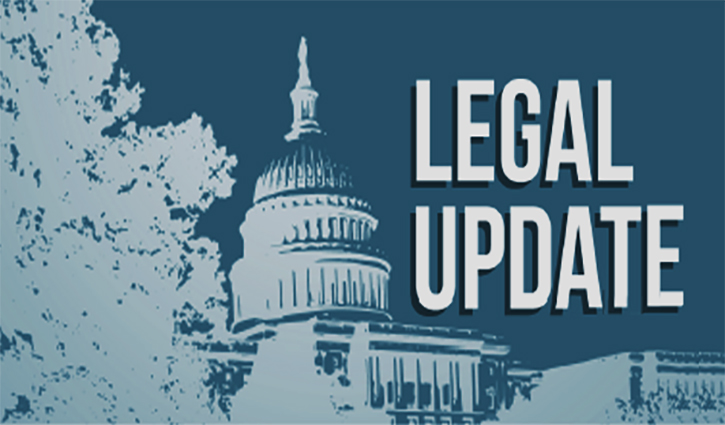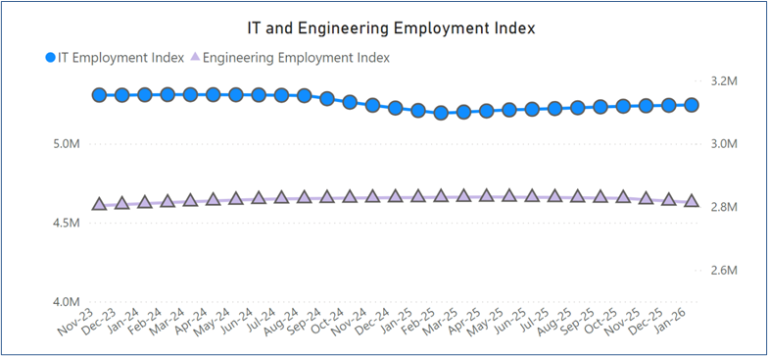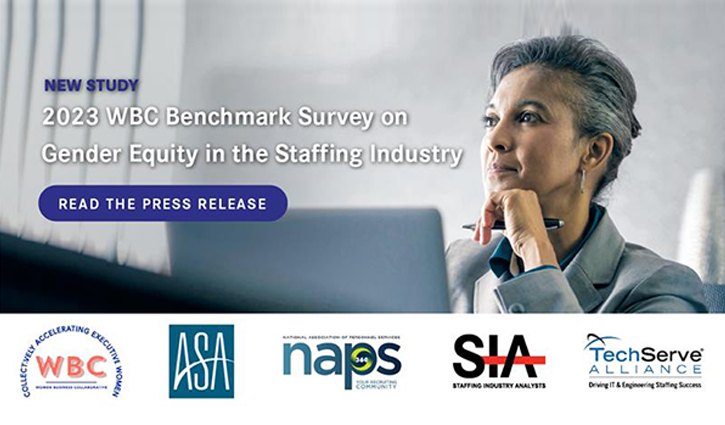On Oct. 15, 2024, the U.S. Department of Labor’s (DOL) Office of the Solicitor (SOL) released a special enforcement report indicating seven “fine-print” employment-related contract provisions that the SOL is targeting to help ensure that workers receive the pay and protections they are guaranteed by federal labor law. The report also highlighted innovative approaches the SOL is taking to combat contract provisions that may discourage workers from exercising their rights under federal labor law.
Background
The SOL’s mission is to meet the DOL’s legal service demands to help achieve the agency’s mission. In recent years, the SOL has prioritized combating coercive contractual provisions; this has included filing lawsuits and amicus briefs to fight these unlawful business practices and advance its enforcement priorities.
Key Highlights
The special report highlights the following seven employment-related contractual provisions the SOL is targeting:
- Contractual provisions requiring workers to waive statutory protections;
- Contractual provisions that purport to require employees to agree that they are independent contractors;
- Indemnification-type provisions and related counterclaims purporting to shift liability for legal violations to workers or other entities;
- “Loser pays” provisions attempting to require employees to pay the employer’s attorney fees and costs if the employees do not prevail in litigation or arbitration;
- “Stay-or-pay” provisions, including some training repayment assistance provisions, that purport to require workers to pay damages to their employer for leaving a contract early;
- Confidentiality, nondisclosure and nondisparagement provisions; and
- Company policies that purport to require workers to report safety concerns to their employer before contacting any government agencies.
The special enforcement report addresses each of these provisions, including the issues raised by each type of provision, the worker protections implicated and the work the SOL has recently done to combat the unlawful use of the provisions. The report stresses that the DOL is not bound by contracts between workers and their employers, and as a result, the agency can advocate on behalf of workers in fighting coercive fine-print provisions.
Employer Action Steps
This report is a helpful resource for employers, as it indicates the SOL’s current enforcement priorities. Employers should expect the DOL and SOL to continue to focus on targeting fine-print provisions in employment contracts in 2025. Organizations can respond by reviewing their workplace agreements to address any fine-print provisions and mitigate potential risks.
Highlights
- On Oct. 15, 2024, the SOL released a special enforcement report revealing seven coercive fine-print provisions the DOL and the office intend to target.
- These provisions include requiring workers to waive statutory protections; incorrectly classifying workers as independent contractors; shifting legal liability to workers; requiring losing parties to pay attorney fees; including stay-or-pay, confidentiality, nondisclosure and nondisparagement provisions; and forcing workers to report safety concerns internally before going to the government.
- Employers should review their employment agreements to address any fine-print provisions.











